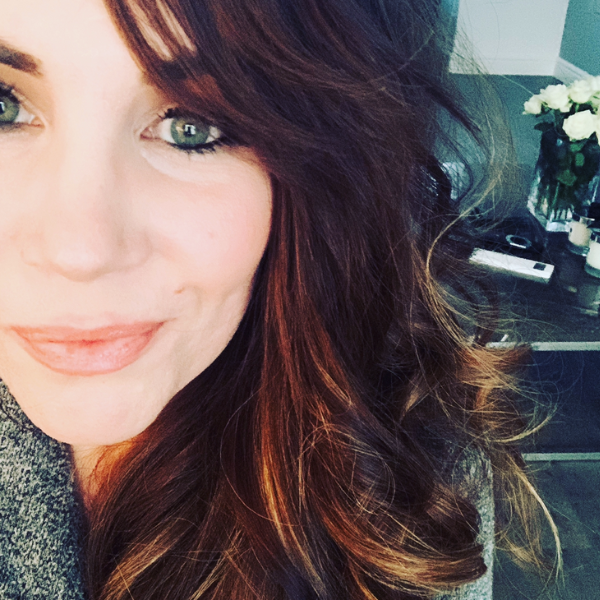Liz on the lack of mental health support for women who give birth after cervical cancer
Last modified: 23 June 2025, 08:42
 In 2019, I had a letter reminding me that my cervical screening appointment was due. My mum dragged me there! I was told I had abnormal cells, so I went for a colposcopy about a week afterwards. It all moved very quickly, so I already suspected something was wrong.
In 2019, I had a letter reminding me that my cervical screening appointment was due. My mum dragged me there! I was told I had abnormal cells, so I went for a colposcopy about a week afterwards. It all moved very quickly, so I already suspected something was wrong.
After my colposcopy, I was waiting for results. Something must have gone wrong with administering the results at the NHS, because I didn’t get them – just a letter with a referral to Oncology the next week, with no context at all. I was so scared. I called the Oncology department in tears and told them that I wanted to be seen as soon as possible. They were lovely, and arranged to see me the same day.
I was lucky, because they caught my cervical cancer at stage 1A. They gave me a couple of options, and I chose the LLETZ, which I hoped would help to preserve my fertility. I was 32 at this stage and I’d never really thought about having children before – but as soon as I knew the option could potentially be taken away from me, my outlook changed. I had the LLETZ but the Oncology department weren’t sure if they’d been able to get clean margins, so I had to go back for another one. After that, I worried that being a mum in the future might not be an option for me.
“I cried hysterically – I was so relieved.”
When I had my final check, my Macmillan nurse Michelle was there. She called me afterwards because she wanted me to know that they’d managed to preserve a lot of my cervical tissue, which boded well for having children. I cried hysterically – I was so relieved. I hadn’t realised that having a baby was something I wanted this much. Following this final check I was told all was well, and I was referred for biopsy every six months to check in.
I was so surprised and happy when I learned I was pregnant in 2021. I have a beautiful little baby boy now! Throughout the pregnancy, I was heavily watched – I moved from Oncology to consultant-led care, to make sure I was healthy and my cervix was holding firm.
The care and support I received throughout my pregnancy was great, but when it came to actually giving birth I didn’t feel very supported at all. Because of all the invasive procedures and checks I’d had to have during my cancer, I found the birth very traumatic. It took me back to a time where all of these different people were there ‘messing’ with me. I did tell the team that I wanted minimal internal exams, but on the day I was given a junior midwife who struggled to break my waters. She had to get someone else involved. I also ended up having three failed epidurals and was eventually put to sleep.
I felt like I’d planned my delivery well and been as honest with the delivery team as I could have been, but the difference between the planned birth and the reality was stark. Maybe I was just unlucky – but even if that’s true, I don’t feel it was right that I had to go through that. I feel very strongly that we need to do better when it comes to supporting women who are in this situation.
“I feel very strongly that we need to do better when it comes to supporting women who are in this situation.”
The same goes for post-birth support, too. I still see a counsellor to process my cancer-linked PTSD, so I’m able to speak openly with them, but I know many women can’t afford this or are on very long NHS waiting lists. My friend was diagnosed with leukaemia around the same time I found out I had cervical cancer, and I was so sad when she died. It was a really traumatic time for me, and goodness knows where I’d be mentally if someone hadn’t given me the tools to work through all these experiences and emotions.
Despite this, I am so grateful and happy to have my son. I want women who’ve been through cervical cancer to know that it doesn’t always mean you can’t have children – I have my little boy now, who was the best surprise for me and my partner. I just wish there was better mental health support on offer for women who are going through the same experience as I did, because I know how overwhelming and traumatic it can be. The long-term effects of cervical cancer can be tough to live with, so why don’t we offer better long-term care?
If you’re facing the same challenges as Liz, we’re here for you, as are some other organisations that may be able to help.
For support with mental health, talk to Mind >
For specialised mental health support after a cancer diagnosis, speak to Maggie’s >
If you are looking for support for or information about cervical cancer, talk to us >
Categories: pregnancy cervical cancer


